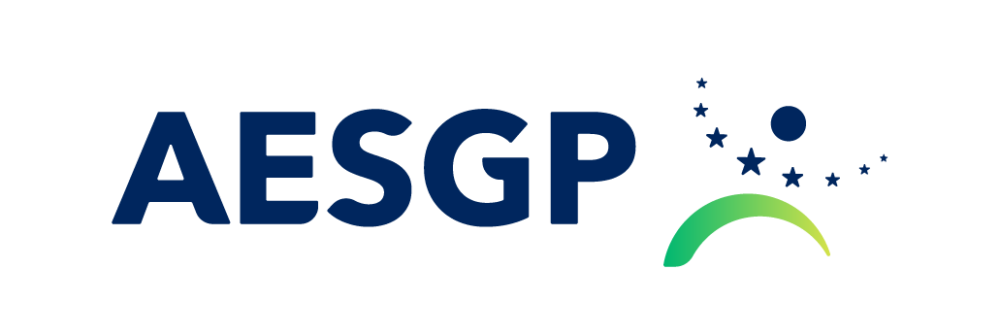AESGP replies to European Commission’s Roadmap on Beating Cancer Plan
The self-care industry is committed to play its part in the success of European Beating Cancer Plan. Self-care solutions are available, helping to prevent disease and risk behaviours, as well as reducing unwanted impacts and consequences of cancer therapies, contributing to the overall sustainability of healthcare systems. AESGP believes that health literacy and citizen empowerment should also be included in the Roadmap, as these play a determinant role in the healthcare decisions and the success of cancer treatments. AESGP also calls for further research in the area of non-prescription medicines and food supplements as repurposing medicines and combination therapies could provide better and affordable outcomes.
AESGP congratulates the European Commission for the focus given on Cancer and on the established roadmap. AESGP agrees that this stringent healthcare problem needs particular overarching solutions and a transversal collaboration across Member States and different levels of care.
AESGP welcomes the division of the European Beating Cancer Plan into 4 main areas: prevention, early diagnosis, treatment and care. However, considering cancer a high-relapsing risk disease, we feel that these areas should be considered in consecutive cycles that follow the person with disease and multi morbidities. It is therefore important to consider secondary and tertiary prevention tools that can minimize the impacts and consequences of cancer.
Self-care solutions and cancer
The self-care industry is committed to provide effective, quality and safe products that will help people in the healthcare continuum. Long-established and innovative self-care solutions are available, aiming at:
- preventing shortcomings of diets and providing balanced nutrient range (e.g. food supplements like vitamins and minerals; dietary fibres to improve gut health)
- protecting from environmental risk factors (e.g. minerals like potassium iodide in nuclear radiation risk areas)
- modifying risk behaviours (e.g. tobacco cessation products like nicotine gums)
- managing some symptoms associated to cancer (e.g. medicines such as pain relievers)
- side effects of oncological therapy (e.g. medicines such as gastro-intestinal tract regulators)
- delaying or impeding tumour recurrence (e.g. vitamin D in melanoma, or aspirin in colon cancer)
AESGP believes that further research is needed in the area of non-prescription medicines and food supplements, for two main reasons: (1) several non-prescription medicines’ active principles have shown recent evidence of anticancer benefits; (2) prevention and combination treatment with non-prescription medicines and food supplements might achieve higher efficacy, better adherence and better outcomes.
The importance of health literacy and citizen empowerment
Health literacy and citizen empowerment play a decisive role in healthy lifestyles and behaviours, and should be included in the Roadmap. People with strong health literacy skills enjoy better health and well-being, while those with weaker skills tend to engage in riskier behaviour. Measures targeting the lack of health literacy at a broader level should also be proposed, as it significantly drains human and financial resources in the health system.
Read here the full reply.
